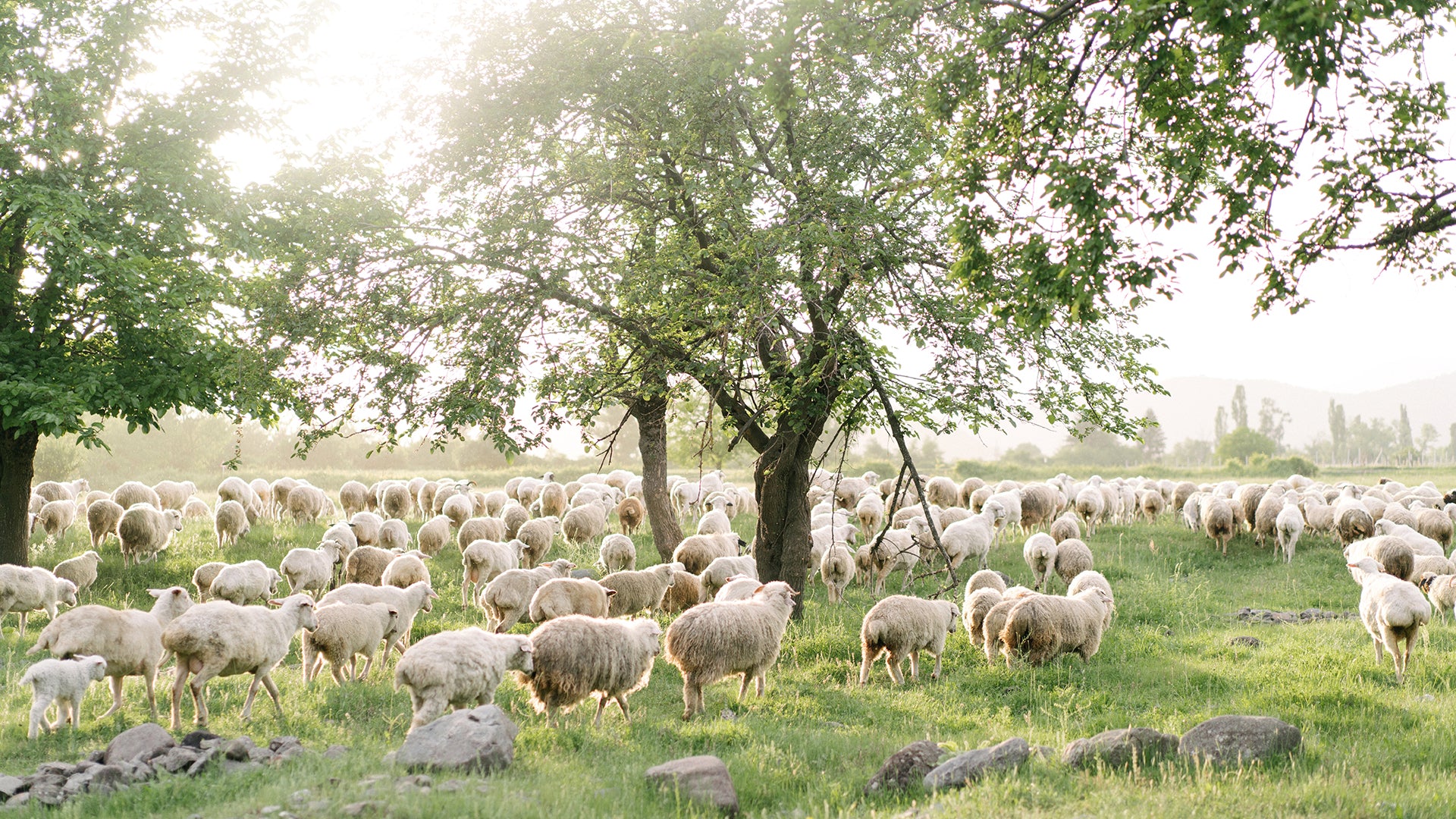
Is Merino Wool Itchy? No, and here's why.
Merino wool is one of the most interesting fabrics of discussion in sportswear. Buttery soft, breathable and itch-free, we discuss why Merino wool is in fact one of the softest fibres on the planet.
What is Merino wool?
It’s important to first discuss the differences between regular wool and Merino wool. Wool can be divided into three main categories based on the micron (diameter) of each fibre, and this diameter will determine the quality and suitability of the wool.
-
Fine - wool with the finest microns comes from the Merino sheep. This finer diameter results in a softer, higher-quality feeling fibre. Used across sportswear and luxury fashion, Merino has been making waves in the industry for many years. We discuss the rise in popularity of Merino in our Journal article “Is Merino the future of sportswear?”
- Medium - wool with medium microns can be produced from certain types of Merino, or crossing one breed with another. Medium wool can be used for a variety of woven apparel like suiting, or knitting yarns and furnishings.
- Broad - Used for items such as carpets because of its strength and durability, these broad wools can be produced by a wide variety of sheep breeds.
Where does Merino wool come from?
Although much of the world's production of Merino wool now comes from Australia and New Zealand, the Merino sheep has its beginnings in Spain. Historians believe that the flocks which laid the foundation of the Merino arrived in Spain sometime before the 13th Century, brought into the country by the Berbers, a North African tribe.
For the next 400 years, Spain dominated the fine wool industry, exporting to the rest of Europe. The stronghold on the industry brought Spain so much money until the 18th Century, where the Napoleonic wars ended its monopoly on its production. Other countries began to import sheep to start their own breeding program, with the Dutch government sending a flock of sheep to South Africa.
It was from a flock in South Africa that John MacArthur first took Merinos to Australia in 1788. From the 70 sheep who survived the voyage, only 28 remained a few months later. As more settlers arrived in the years that followed, they added to the flocks, and by 1810, Australia had 34,000 sheep. 20 years after that, the number of sheep was said to be around 2 million.
It’s all about the diameter
We discussed previously the diameter of wool fibres and what gives them their individual characteristics. Here lies the reason why Merino wool is in fact not itchy. The high-quality Merino wool fibres usually have a diameter between 17 - 21 micron. The smaller the micron the finer the fibre. When it comes to how soft a fibre is, smaller in this case, always means softer. The reason you won’t often see t-shirts made up in the ultrafine range is because of how delicate the fabric then becomes; Durability becomes a concern.
 The Woolmark Company
The Woolmark Company
So, why does the diameter of wool matter? Well, finer fibres like Merino feel more comfortable because they bend when they touch your skin. Coraser wool fibres on the other hand are stronger and stay more rigid on contact with skin, resulting in that itchy sensation that many people experience when coming into contact with wool.
How to wash Merino wool?
Now we have explained the why, we now want to address the how. Merino wool is naturally soft and delicate, so caring for it is important to its longevity.
Merino wool is one of the few fibres that needs to be 'relaxed' at the factory before its cut. As fabrics come in rolls, the fibres of Merino wool naturally bunch up, essentially decreasing the surface area of the fabric when its first unrolled. Therefore, Merino wool must be rolled out and left to 'relax' for at least 48 hours before its cut, so it assumes its natural shape.
For our Merino wool, which sits in the superfine category, we recommend washing it at 30 degrees (a cold wash) and hang drying. It’s also important not to use fabric softener as this will interfere with the natural performance properties Merino wool inherently has.
For more information on our Merino wool, you can head over to our Material Study.